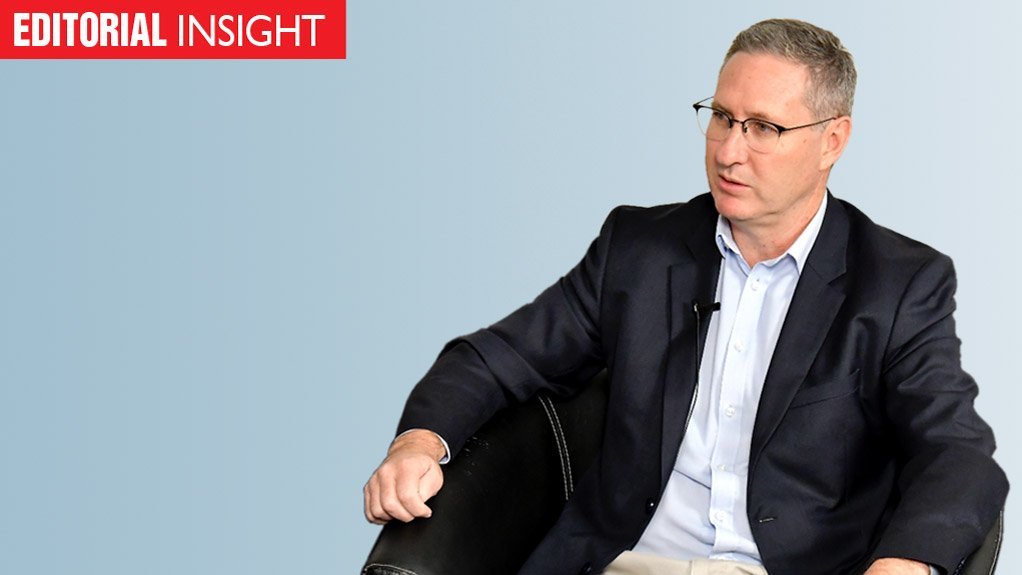The prognosis for stable electricity supply remains precarious and has deteriorated following the unplanned early shutdown of Unit 1 at the Koeberg nuclear power station during the first week of January.
Consumers also face the unhappy prospect of yet more tariff hikes above those already approved for 2021/22, with claw-back determinations yet to be liquidated and with the R69-billion government equity injection illegally withheld from Eskom’s allowed revenue still to be reinstated. With an appeal pending, though, the first R23-billion probably won’t be reintroduced this year.
Likewise, Eskom’s financial position remains extremely unhealthy, weighed down by a dangerous debt comorbidity. The utility is forecasting a full-year loss of R22-billion and, absent government support of R56-billion this year alone, the group is unable to service its debt, which stood at R420-billion at the end of September.
There are three bits of good news, however, to partially offset the bad.
The first is that the new leadership seems to be making some progress in cleaning up the governance, operational and ethical messes of the last decade and a half.
Second, some debt-reduction progress seems possible following the signing of the so-called ‘Eskom Compact’ by the social partners at the annual summit of the National Economic Development and Labour Council on December 8.
Third, some important progress has been made in laying the basis for a transition from coal to renewables, while also showing sensitivity to those workers, firms and communities that are reliant on the coal value chain.
The fourth bit of good news relates to the pace of restructuring, which at one stage looked set to be far more protracted than the December 2021 unbundling timeframe outlined initially for creating an independent transmission system and market operator (ITSMO) – a vital structural building block for a more competitive electricity system.
Eskom CEO Andre de Ruyter has outlined a streamlined approach to the unbundling, one which he said could accelerate the process of establishing the ITSMO ahead of the 2023 timeline communicated in May without the threat of a debt default.
To facilitate this acceleration, the ITSMO will be retained as a wholly owned, yet independently governed, subsidiary of Eskom, as allowed for under Section 66(4) of the Companies Act.
“The reason why this is an important nuance is that we, under no circumstances, wish to create any risk of default under our loan agreements and, therefore, if we have a wholly owned subsidiary that risk is mitigated,” De Ruyter explains, noting that complete legal separation would involve the renegotiation of conditions for some 167 different loans.
Amid the triple scourges of a deadly pandemic, ongoing load-shedding and economic contraction, the progress outlined above is potentially electrifying for both Eskom and the economy.
EMAIL THIS ARTICLE SAVE THIS ARTICLE ARTICLE ENQUIRY FEEDBACK
To subscribe email subscriptions@creamermedia.co.za or click here
To advertise email advertising@creamermedia.co.za or click here











